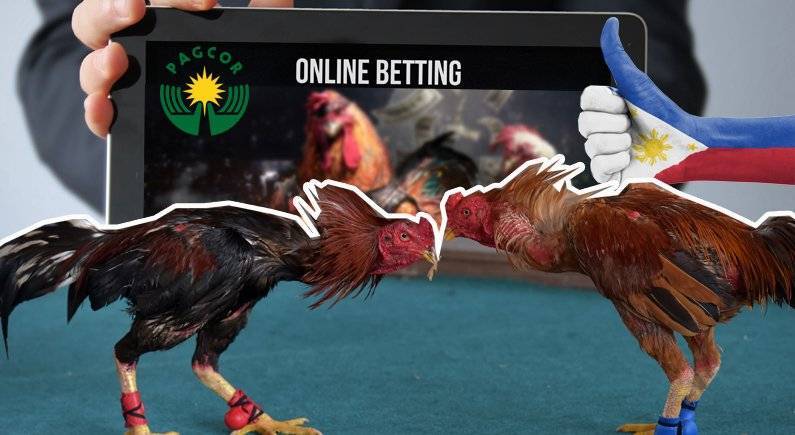In the wake of the e-sabong ban two years ago, many eagerly anticipate the latest developments surrounding online sabong. Despite promises made in 2022 regarding its potential resurgence, the anticipated comeback has yet to materialize.
In a recent article by the Philippine Star, Charlie “Atong” Ang, a prominent figure in the e-sabong scene, advocates for the reinstatement of live-streamed cockfighting, citing the significant tax revenue it could generate for the country. However, as of 2024, the legality of e-sabong remains uncertain, despite Ang’s previous monthly tax contributions ranging from P135 million to PAGCOR prior to the ban.
The decision to continue the suspension of e-sabong under the current administration of President Ferdinand Marcos Jr, following in the footsteps of his predecessor Rodrigo Duterte, stems largely from concerns over rampant kidnappings associated with the sport.
The initial ban on e-sabong was prompted by the alarming disappearance of 34 sabungeros, highlighting the darker side of virtual cockfighting. The prevalence of kidnappings, coupled with allegations of corruption, fraud, and illicit gambling activities, compelled the government to take decisive action.
Even now, the unresolved cases of missing sabungeros cast a shadow over the e-sabong industry. For instance, Ricardo “Jonjon” Lasco, an e-sabong agent who vanished in 2021, saw his pre-trial proceedings commence in June 2023, shedding light on the gravity of the situation and prompting repercussions such as the dismissal of five police officers implicated in his disappearance.
What Lies Ahead?
With the ban on online sabong persisting under the Duterte and Marcos Jr administrations, engaging in virtual cockfighting remains a prosecutable offense. Executive Order (EO) No. 9, which prohibits all e-sabong operations until further notice, extends to activities such as:
Live-streaming cockfights conducted outside licensed cockpits.
Online betting on live sabong matches, irrespective of the location of the betting platform.
While traditional sabong remains permissible in physical arenas, the prohibition on its online counterpart underscores the government’s commitment to upholding the rule of law, regardless of potential revenue implications.
The Comprehensive Ban on E-Sabong
It is essential to recognize that the ban on online sabong encompasses all facets of the industry, including e-sabong applications and websites. Any claims suggesting the legality of online cockfighting or the endorsement of unlicensed platforms like Jolibet, 22Fun, and Jiliko are not only misleading but also in violation of EO No. 9.
Engaging in online sabong in the Philippines constitutes illegal gambling, and violators may face legal repercussions under existing laws. It is imperative to exercise caution and avoid participating in any form of illegal gambling activity, prioritizing compliance with regulatory frameworks and ethical standards.
Moving Forward Responsibly
Amidst the prevailing illegality of online sabong, it is incumbent upon individuals to adopt responsible gambling practices and refrain from patronizing unauthorized platforms. Instead, opting for licensed online gambling sites such as OKBet ensures a safer and more secure betting environment, safeguarding against the potential risks associated with illicit gambling activities.
In conclusion, while the allure of online sabong may persist, adherence to legal and ethical standards is paramount. By embracing responsible gambling practices and advocating for regulatory compliance, individuals can contribute to the integrity and sustainability of the online gambling landscape in the Philippines.

